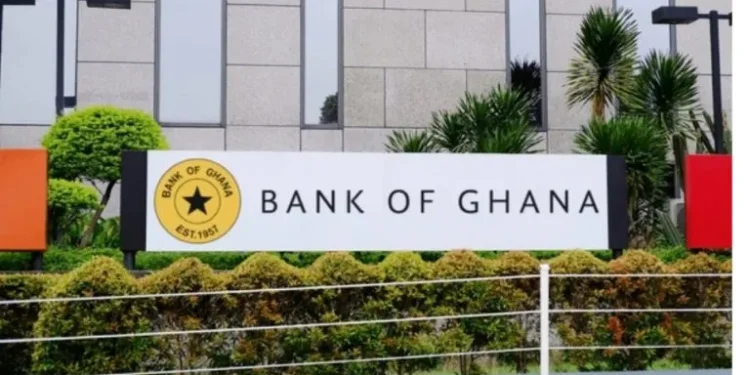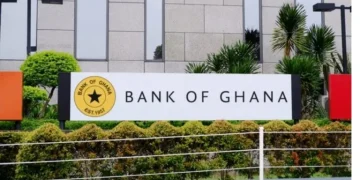Have a Look at BoG’s 8 Policy Recommendations on Regulation of Virtual Assets Service Providers
The Bank of Ghana (BoG) has outlined eight key policy recommendations to guide the regulation and supervision of Virtual Assets and Service Providers (VASPs) in Ghana, as part of its newly released Policy Position on Virtual Assets and Service Providers (VASPs) report.
The central bank noted that Ghana’s virtual asset ecosystem has grown significantly since the release of the Bitcoin white paper more than 15 years ago, with over three million users and more than 100 operational VASPs currently active in the country.
No Ban, but Risk-Based Regulation
According to the report, Ghana has not imposed a ban on virtual assets, with the BoG emphasizing that prohibition would likely push activities underground, limiting regulatory oversight and increasing risks of financial crimes.
This position, the Bank said, aligns with the Financial Action Task Force (FATF) guidance, which warns that outright bans on virtual asset activities tend to drive them into informal and unregulated channels, thereby heightening risks of money laundering, terrorist financing, and consumer abuse.
Instead, Ghana is adopting a risk-based regulatory framework that seeks to balance the potential benefits of blockchain technology and virtual assets, such as financial inclusion, remittance efficiency, and innovation, with the need to safeguard monetary stability, protect consumers, and mitigate systemic risks.
Eight Policy Recommendations
- Licensing of VASPs: All entities offering virtual asset services must be defined as VASPs and licensed or registered with relevant authorities such as the BoG or the Securities and Exchange Commission (SEC). Licensing requirements will depend on the nature of activities rather than the underlying technology.
- Legal Framework Alignment: The VASP regulatory framework should be anchored on the Anti-Money Laundering Act, 2020 (Act 1044), and aligned with global standard-setting bodies, including FATF, IMF, IOSCO, FSB, and BIS.
- Implementation of FATF Travel Rule: VASPs must collect and share accurate sender and receiver data for all virtual asset transactions to ensure traceability.
- Clear Regulatory Oversight: The BoG will oversee payments, custody, and activities with monetary policy implications, while the SEC will regulate trading and investment. The Financial Intelligence Centre (FIC) will handle AML/CFT compliance in coordination with both institutions.
- Continuous Monitoring: Establish a national monitoring programme for virtual asset activities to detect and prevent illicit transactions, ensure compliance, and maintain ecosystem integrity.
- Non-Recognition as Legal Tender: Maintain the current stance that virtual assets are not legal tender and cannot be used for settlement in Ghana.
- Creation of Virtual Assets Regulatory Office (VARO): Establish a dedicated office to regulate VASP activities, coordinate with domestic and international stakeholders, and drive inter-agency collaboration.
- National Virtual Assets Literacy Initiative (NaVALI): Launch a public education programme, particularly targeting the youth, to promote responsible adoption and protect consumers from fraud and scams.
The BoG reiterated that these measures are designed to provide clarity and confidence in Ghana’s approach to virtual assets, ensuring innovation thrives within a well-regulated financial environment.








